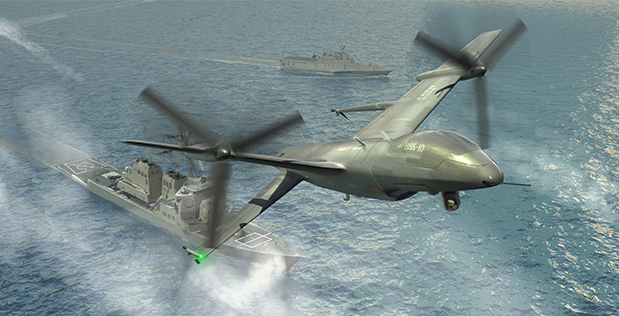You are using an out of date browser. It may not display this or other websites correctly.
You should upgrade or use an alternative browser.
You should upgrade or use an alternative browser.
US Military News, Reports, Data, etc.
- Thread starter tphuang
- Start date
Jura The idiot
General
have you heard
New stealth destroyer helps rescue Maine fisherman
New stealth destroyer helps rescue Maine fisherman
source:The Navy's new stealth destroyer, the future USS Zumwalt, assisted in the rescue of a fisherman who had a medical emergency early Saturday off the Maine coast, officials said.
The 600-foot, 15,000-ton Zumwalt — the largest destroyer ever built for the Navy — was out for sea trials when Coast Guard officials received a distress call from the fishing boat Danny Boy around 3 a.m. The distress call said the Danny Boy's captain was suffering from chest pains about 40 miles southeast of Portland, according to officials.
A Jayhawk helicopter responded from Air Station Cape Cod, but the crew determined it would be too dangerous to hoist the fisherman up due to the configuration of the fishing boat's deck.
A crew and small boat from the Zumwalt transferred the man to the destroyer's deck, officials said. The helicopter crew then hoisted the patient on board and transported him to shore, where he was taken to a hospital.
"Our main concern with this type of medical emergency is to recover the patient safely and transport them to a higher level care as quickly as possible," said Lt. David Bourbeau, public affairs officer at Sector Northern New England. "Fortunately the Zumwalt was operating in the area and was able to provide valuable assistance."
The Zumwalt left Bath Iron Works for sea trials on Monday.
Bath Iron Works will be testing the ship's performance and making tweaks this winter. The goal is to deliver it to the Navy sometime next year.
Man, those Tugboats ruined the paint on the starboard side.
Ain't no big thing.Man, those Tugboats ruined the paint on the starboard side.
That's what happens when they go out to sea. Hehehe...she will get a lot more scuffs and scrapes than that for sure!
Ain't no big thing.
That's what happens when they go out to sea. Hehehe...she will get a lot more scuffs and scrapes than that for sure!
"Love Bumps"
Jura The idiot
General
the first time I've heard of
Tactically Exploited Rconnaissance Node (TERN)

but
Tactically Exploited Rconnaissance Node (TERN)

but
source:We can’t show you a photo but Northrop Grumman is developing an intriguing bird called the TERN. (The company showed us a model but no photos were allowed.)
The company showed a small group of reporters a model of the aircraft, which is designed to land and take off from the tight confines of the Navy’s most common warship, the DDG 51, as well as the Littoral Combat Ship. It’s a roughly 40-foot flying wing that flies using 10-foot counter-rotating rotors. Rotors on top it looks like a knife-bladed helicopter. In forward flight it looks like a flying wing with two propellers, one of top of the other.
Why is DARPA interested? “Helicopters are relatively limited in their distance and flight time, and long-distance fixed-wing manned and unmanned aircraft require either aircraft carriers or large, fixed land bases for takeoff and landing,” the Pentagon’s advanced research agency says on its Tern website. “To help overcome these challenges, the Tern program envisions using smaller ships as mobile launch and recovery sites for medium-altitude, long-endurance unmanned aerial systems (UAS). The goal is to provide long-range ISR and other capabilities from the decks of forward-deployed small ships.”
The aircraft won’t be delivering heavy ordnance over long distances. Instead, it’s designed to carry about 500 pounds for 600 nautical miles. Unless DARPA drops the program, Northrop is a shoo-in from the program by DARPA in September. The winner of Phase 3 should be announced in early January.
The first powered wind tunnel test of the Tern should be done soon, Chris Hernandez, Northrop’s VP for research, technology and advanced design, told us. That will be an important milestone, he said, because the air intake just below the counterrotating-blades poses complex aerodynamic challenges. The company’s modeling predicts it will work, “but you never know until you actually try it,” he noted carefully.
If DARPA awards the deal to Northrop, that will be followed by a full-scale prototype performing an at-sea demonstration in the Pacific Ocean, perhaps on a barge or a decommissioned warship, Hernandez said.
















